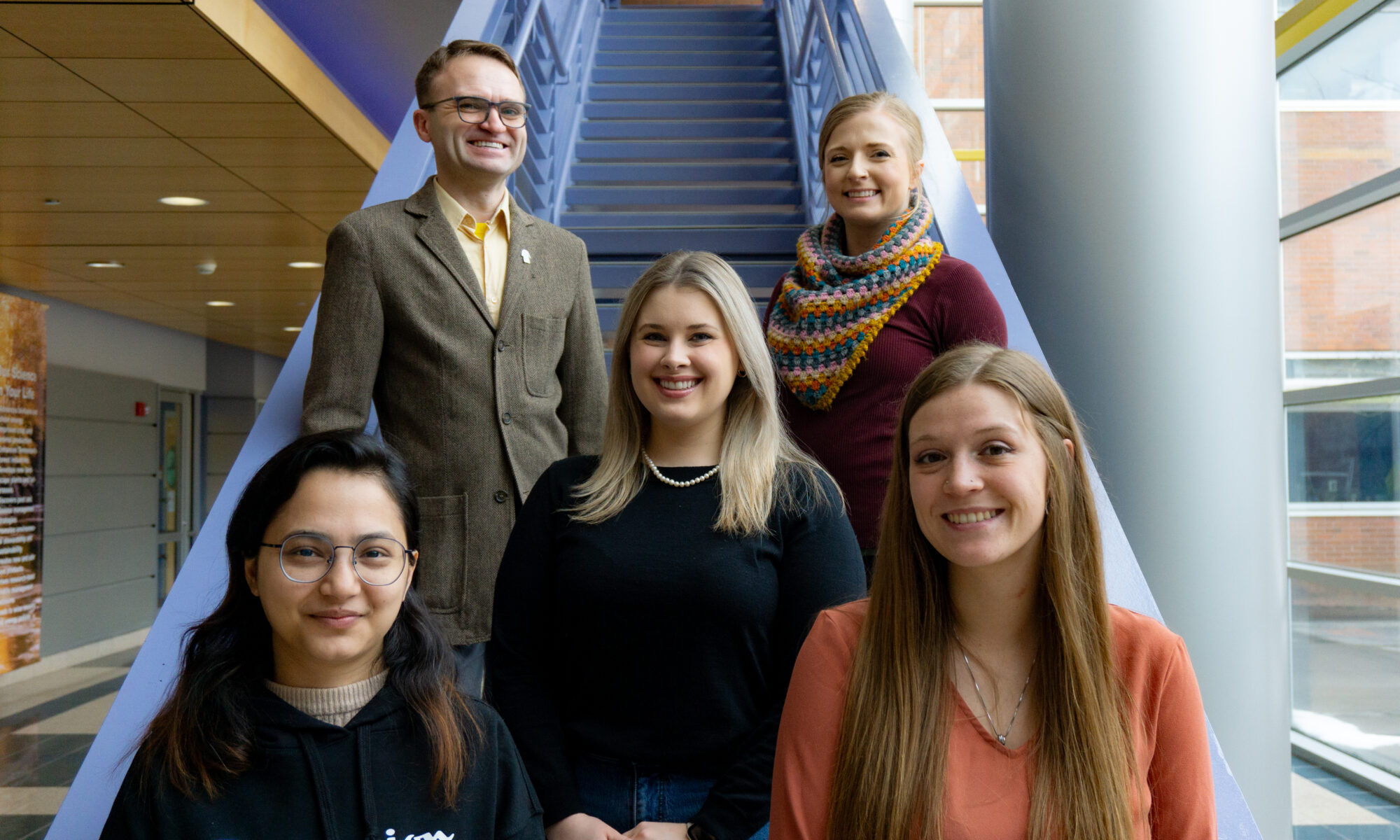
The University of Tennessee, Knoxville Graduate School announces the recipients of the Student Faculty Research Awards (now known as the Graduate Student Research Awards). The award recognizes outstanding collaborative research efforts between students and faculty members.
The Graduate School has awarded three dynamic entomology and plant pathology student-faculty pairs with grants of up to $5,000 to help support their research and creative activity.
Alina Pokhrel and Marcin Nowicki | Genomic insights into the invasion route of Bradford Pear
Bradford Pear (Pyrus calleryana; PC) is a tree native to several Asian countries that was brought to the United States as a method of managing fire-blight bacterium. PC grew in popularity for its aesthetic value leading to it becoming an aggressive invader. PC is considered invasive in 29 states, and it is banned from sale in multiple states. There has been no assessment of genetic diversity and invasion potential of US commercial cultivars using genomics approaches. The identification of genomic signatures and functional genes responsible for invasive adaptation is important for the study of the spread and adaptation of invasive species. Alina Pokhrel, a master’s student, and Research Assistant Professor Marcin Nowicki propose a study to conduct a broad-scale genome scan and based on that genotyping, to identify the invasion route of cultivated PC plants that have become naturalized in the wild from the Southeast and Tennessee. Pokhrel and Nowicki expect to estimate the contribution of PC cultivars to invasion, which will help formulate effective management strategies.
Katy Smith and Rebecca Trout Fryxell | Improving surveillance methods for the economically important pests of beef cattle
The United States cattle industry loses an estimated $5.7 billion to fly and tick feeding annually. Flies and ticks can cause health concerns to the cattle and traditional methods of fly and tick prevention are time-consuming and often unsafe for producers. Katy Smith, a PhD student in entomology, plant pathology, and nematology, and Associate Professor Rebecca Fryxell want to automate the experience by creating a S.M.A.R.T. (sensors, monitoring, analysis, and reporting technologies) surveillance platform, but the purpose of this study is to evaluate beef cattle producers’ willingness to adopt a S.M.A.R.T. surveillance platform. First, they are going to gather feedback on specific features and explore producers’ preferences for technology to improve the S.M.A.R.T. surveillance platform before evaluating the producers’ willingness. Producers are historically slow to adopt new production methods, but by gaining an understanding of their decision-making processes, the researchers can tailor their outreach and education efforts to better suit their needs.
Makhali Voss and Charity Owings | Generating baseline arthropod succession data from human remains in Knoxville, TN
Arthropods present on or near deceased bodies can be used to estimate the minimum time elapsed since death or the minimum postmortem interval (PMIMIN). The PMIMIN can be used by investigators and attorneys to implicate or exonerate a perpetrator and can aid in closure for families. One of the best PMIMIN methods available is successional modeling, which quantifies the changes in the composition of an arthropod community on an experimental carcass over time. However, this method is subject to seasonal and geographic variation in arthropod communities, and Tennessee does not have any published successional data. This means that forensic entomologists working death investigation cases from Tennessee must use successional data from Indiana which was formed using animal remains. Makhali Voss, a master’s student in entomology and plant pathology, and Research Assistant Professor Charity Owings aim to generate the first human-derived successional dataset in the world using resources from the Anthropology Research Facility, popularly known as the Body Farm. The goal is to take the crucial first steps towards providing Tennessee with a reproducible, accurate dataset for current and future forensic cases.
For more information about the Graduate Student Research Awards, visit gradschool.utk.edu/costs-and-funding/graduate-fellowships/.
